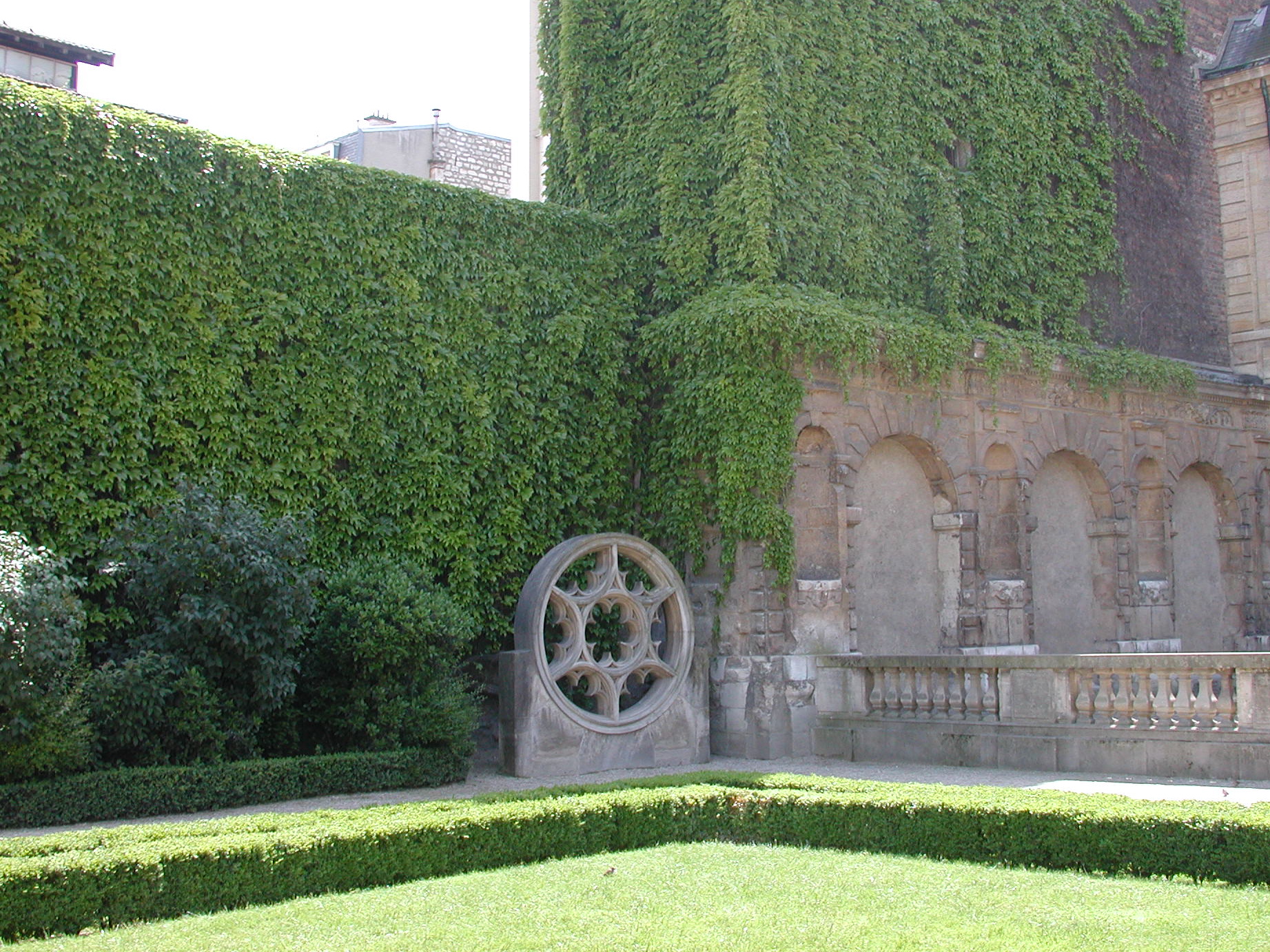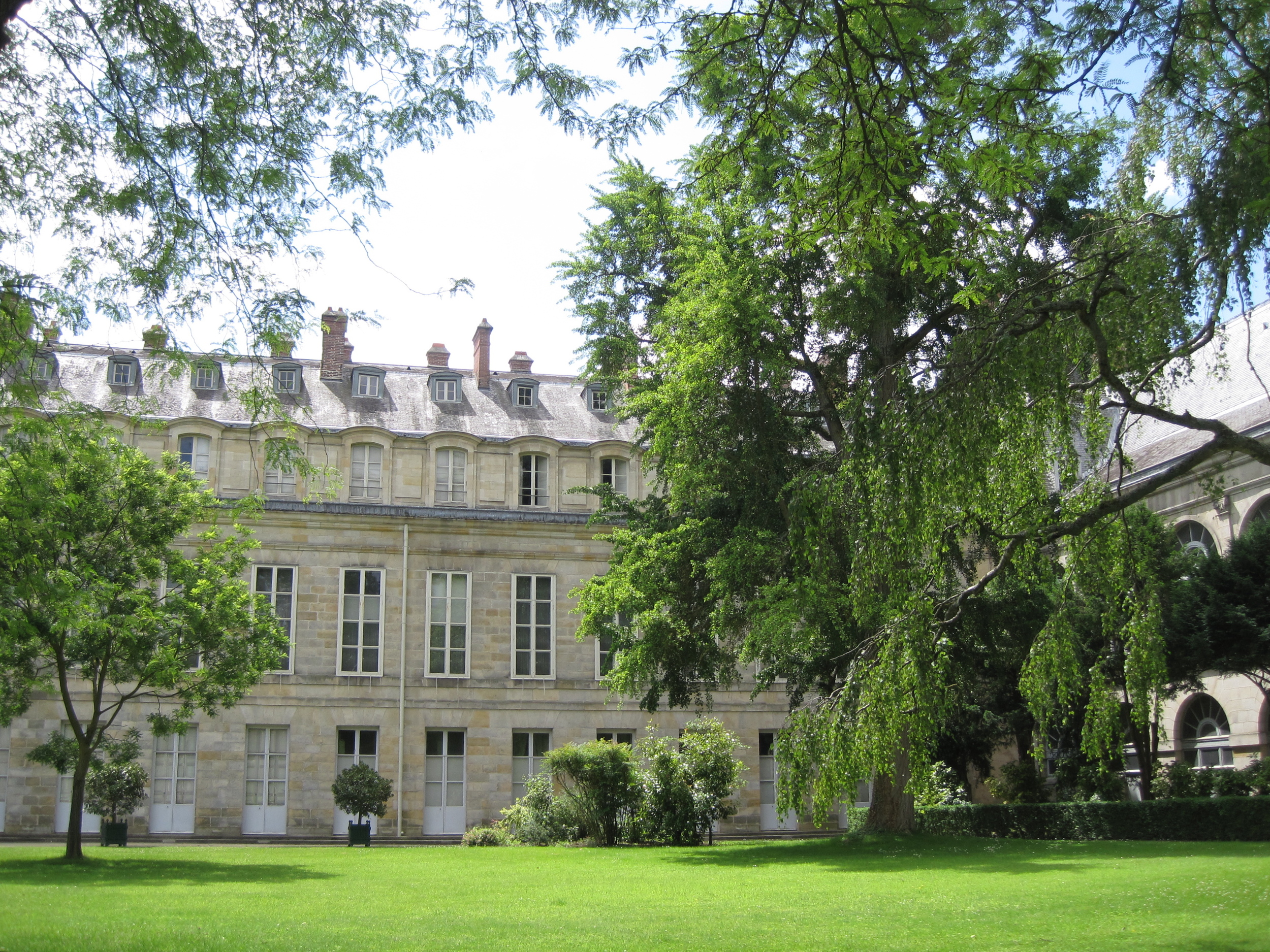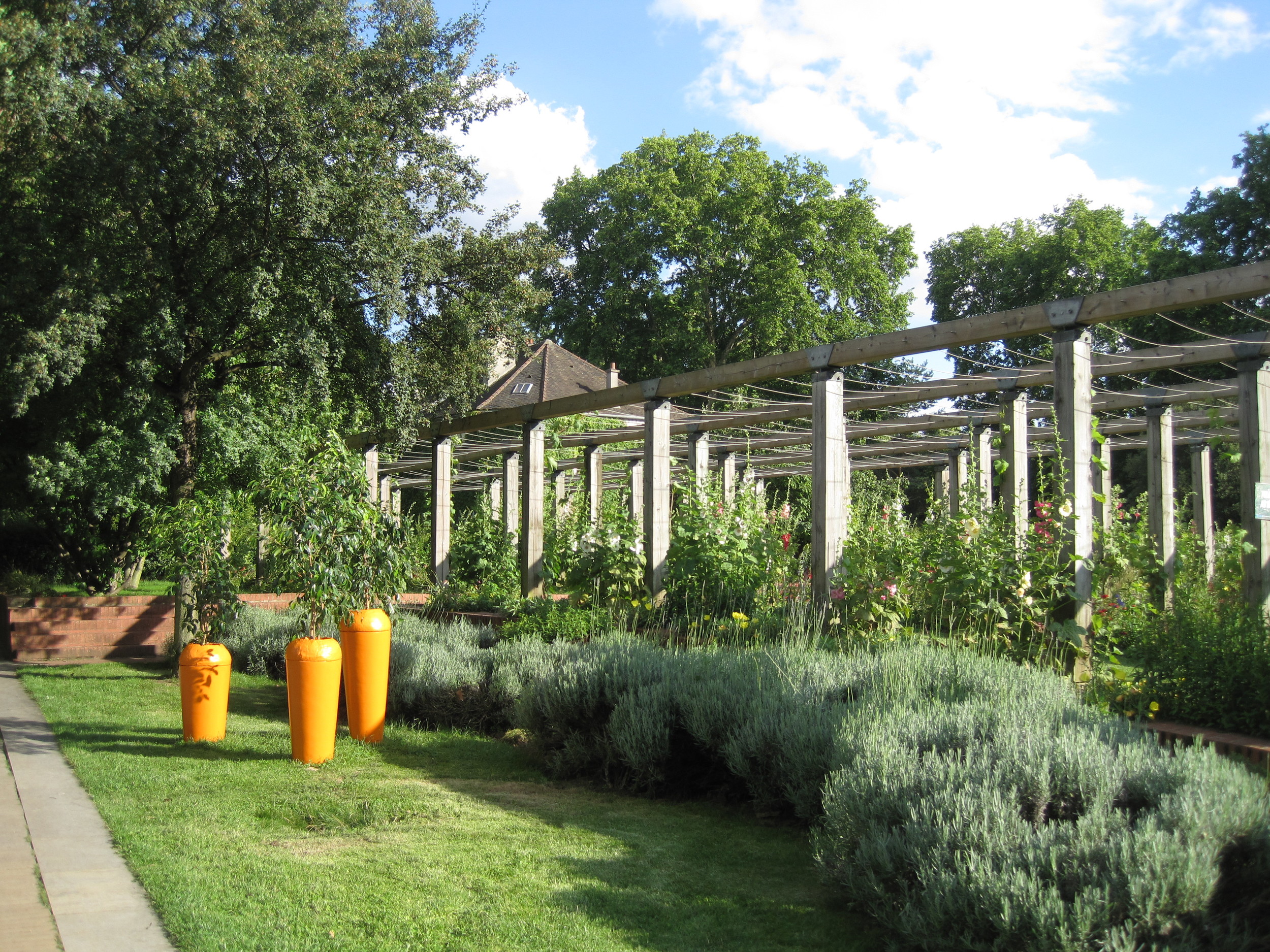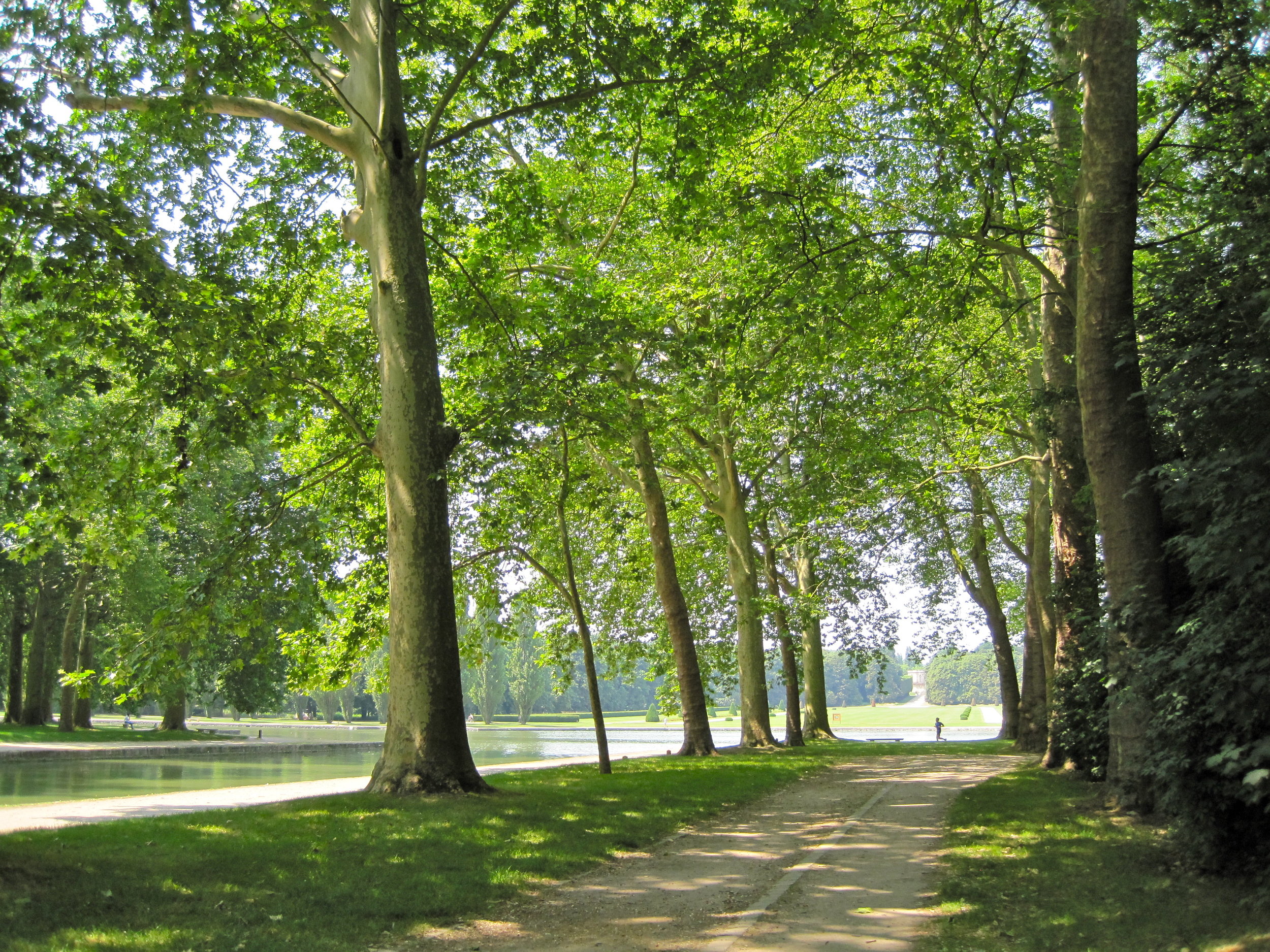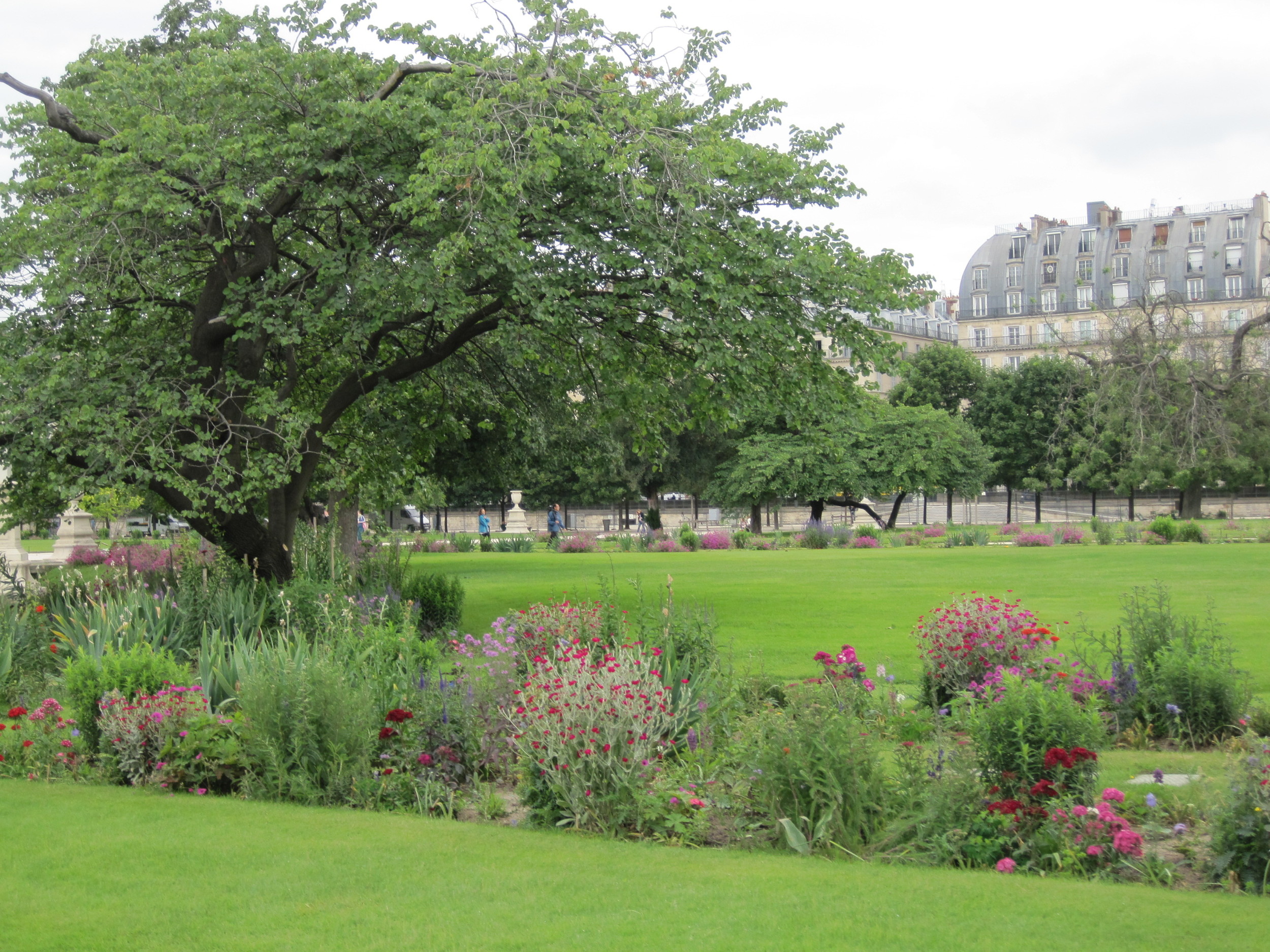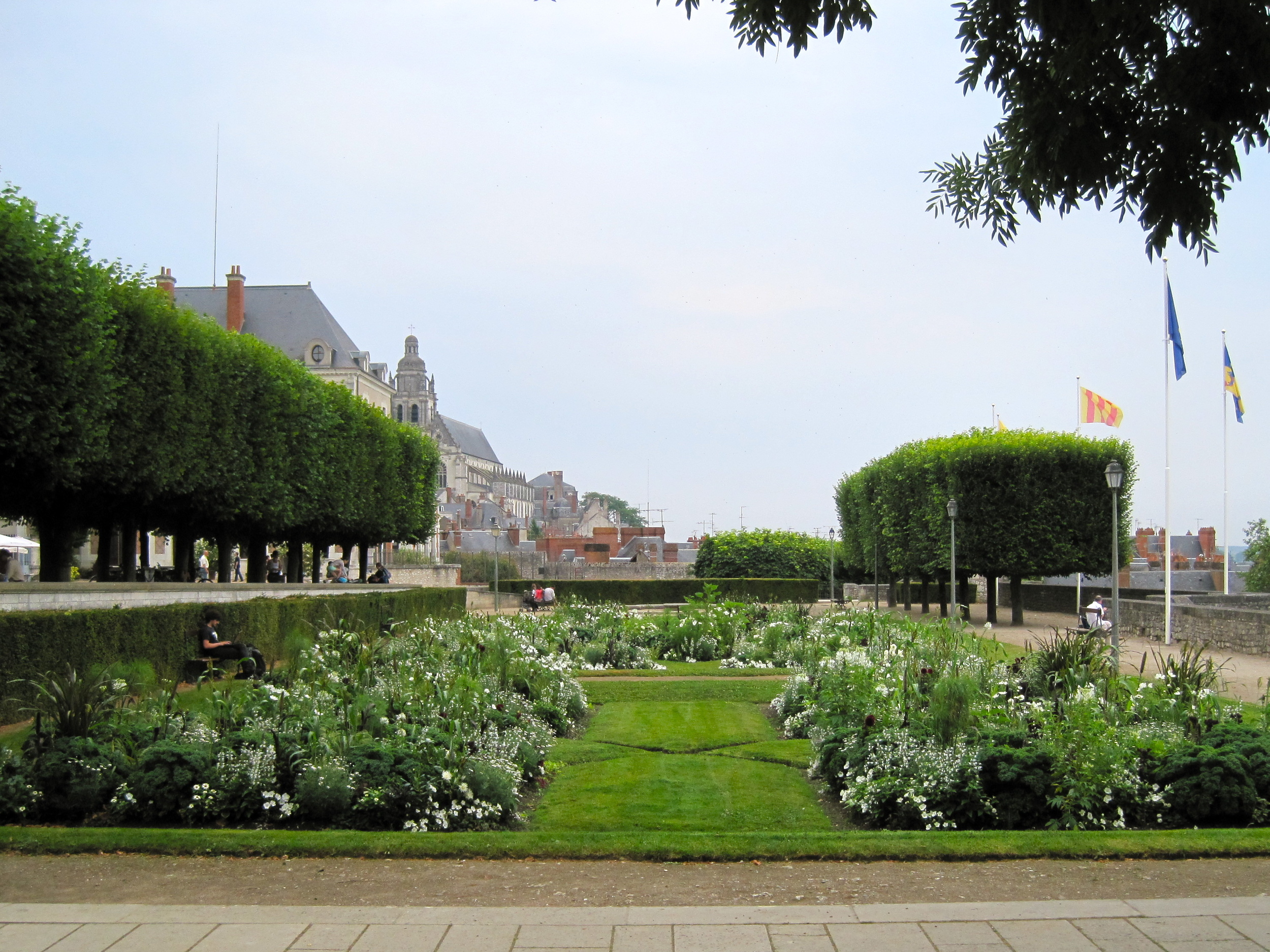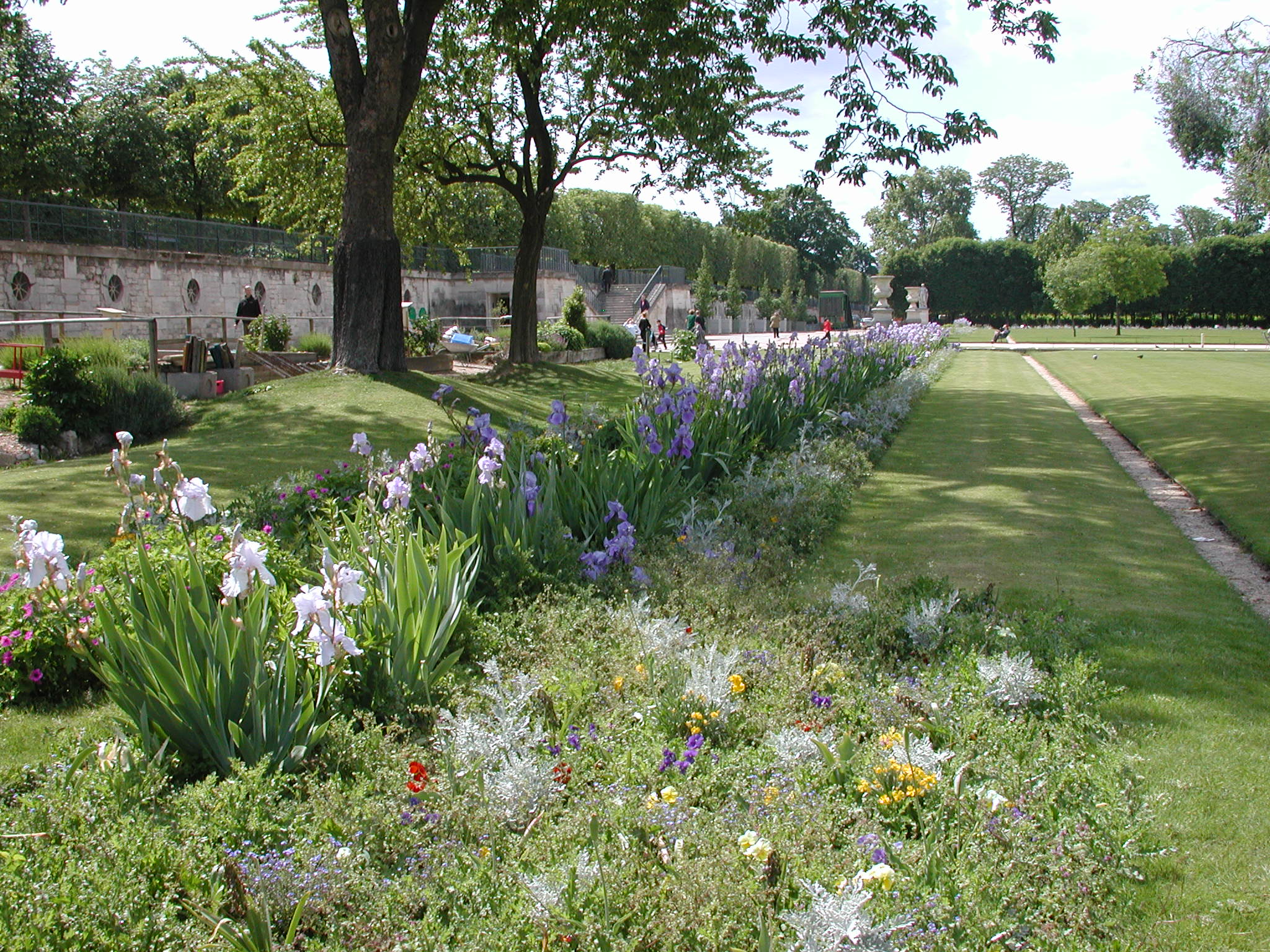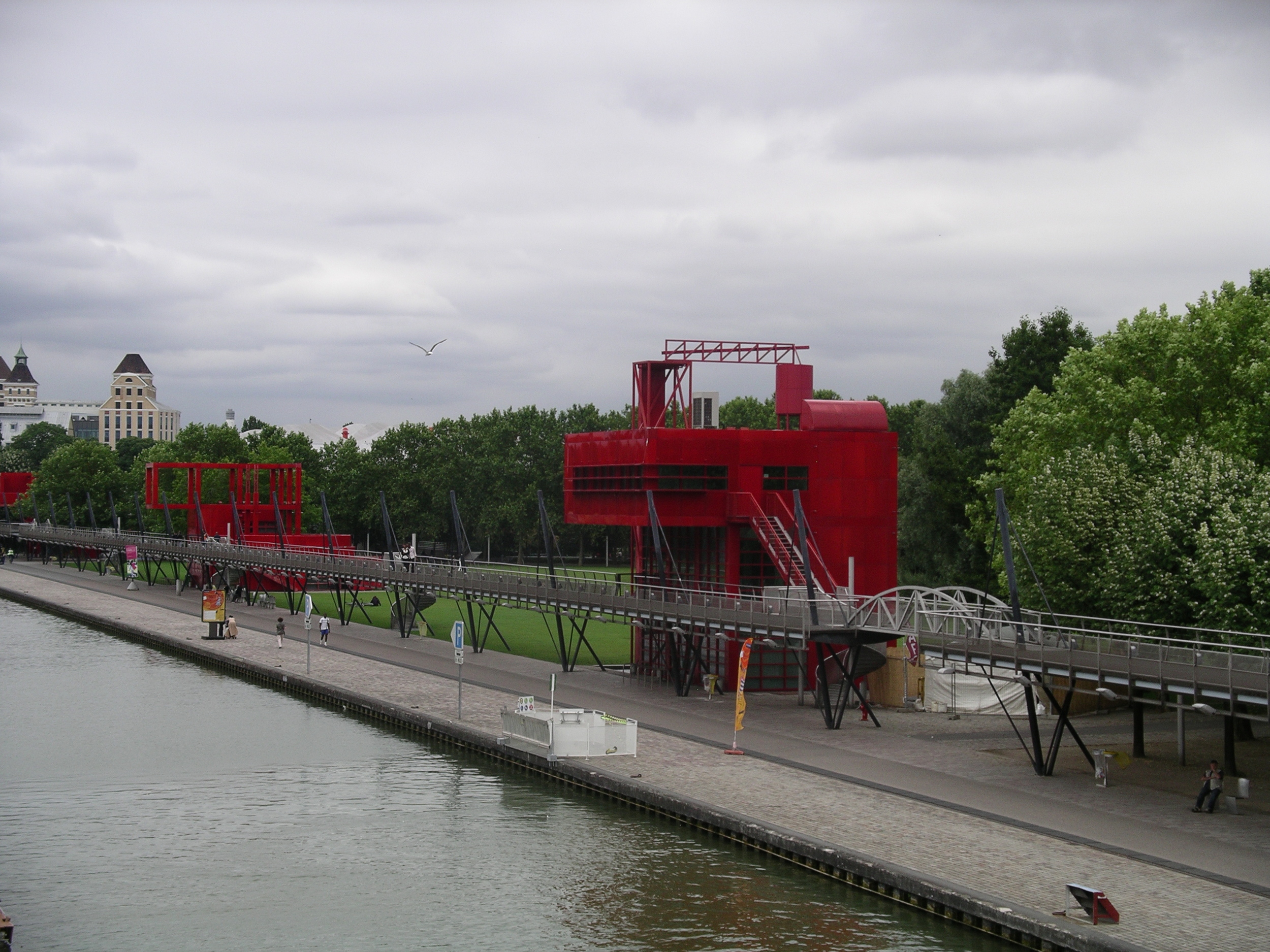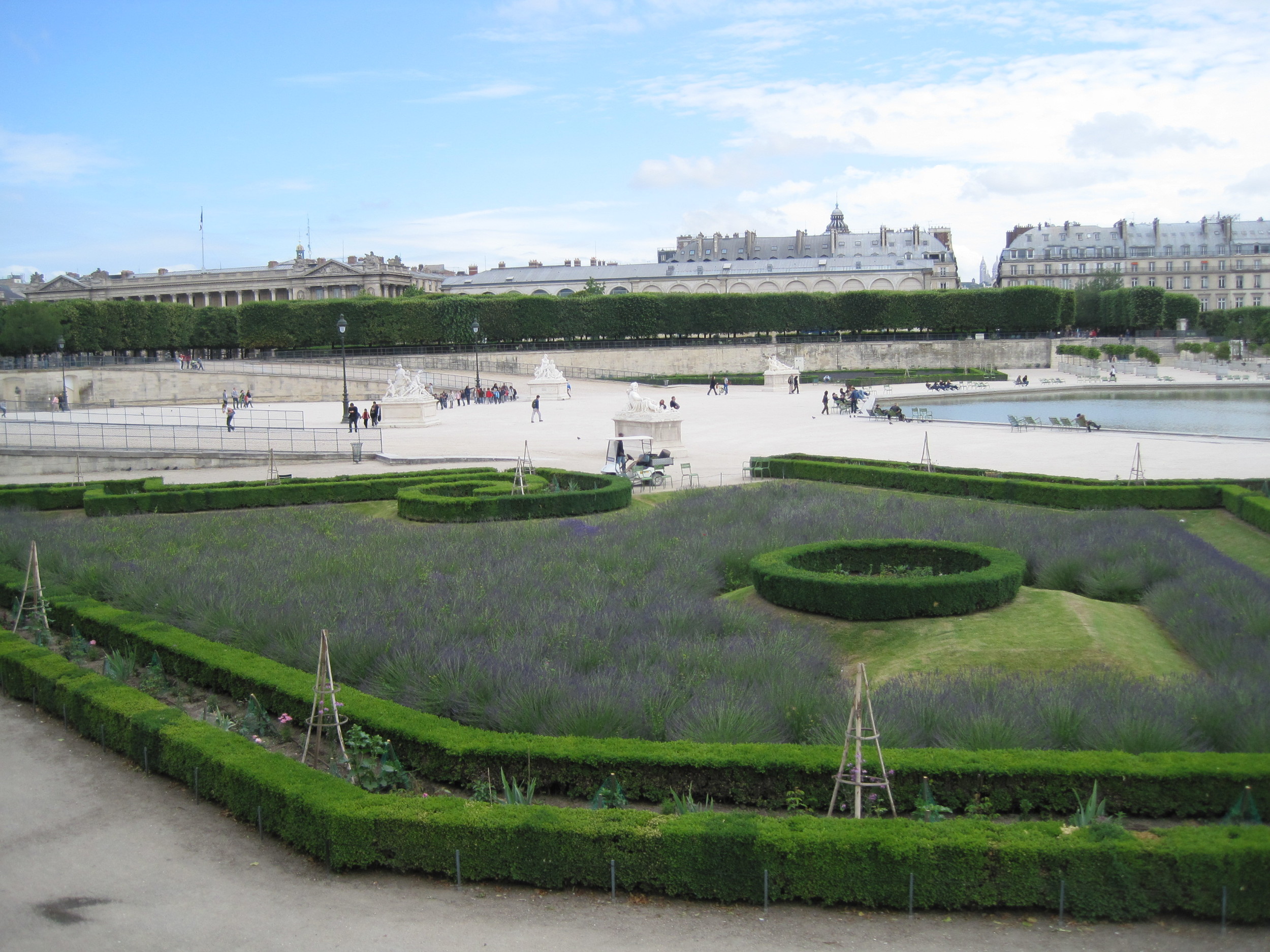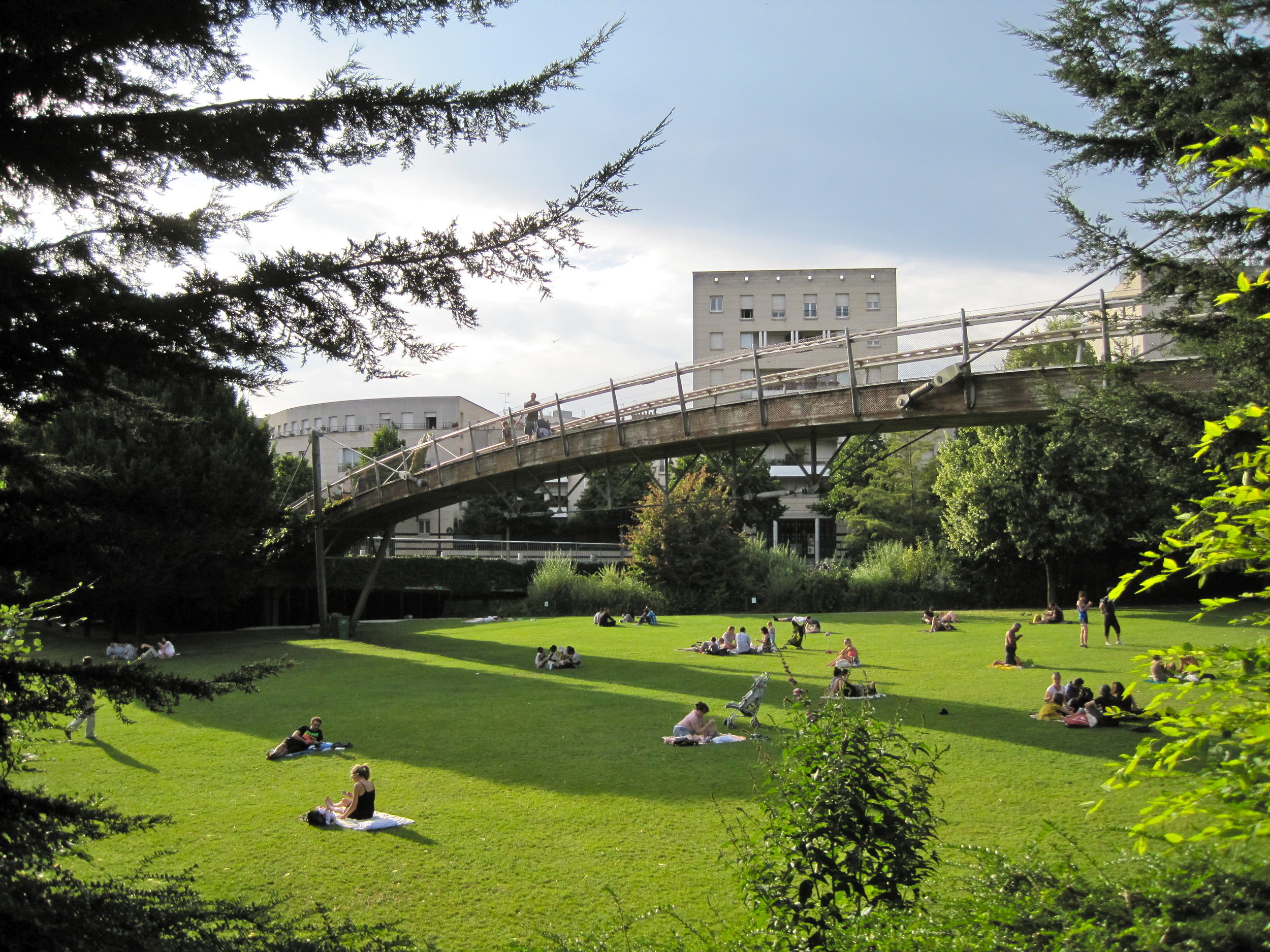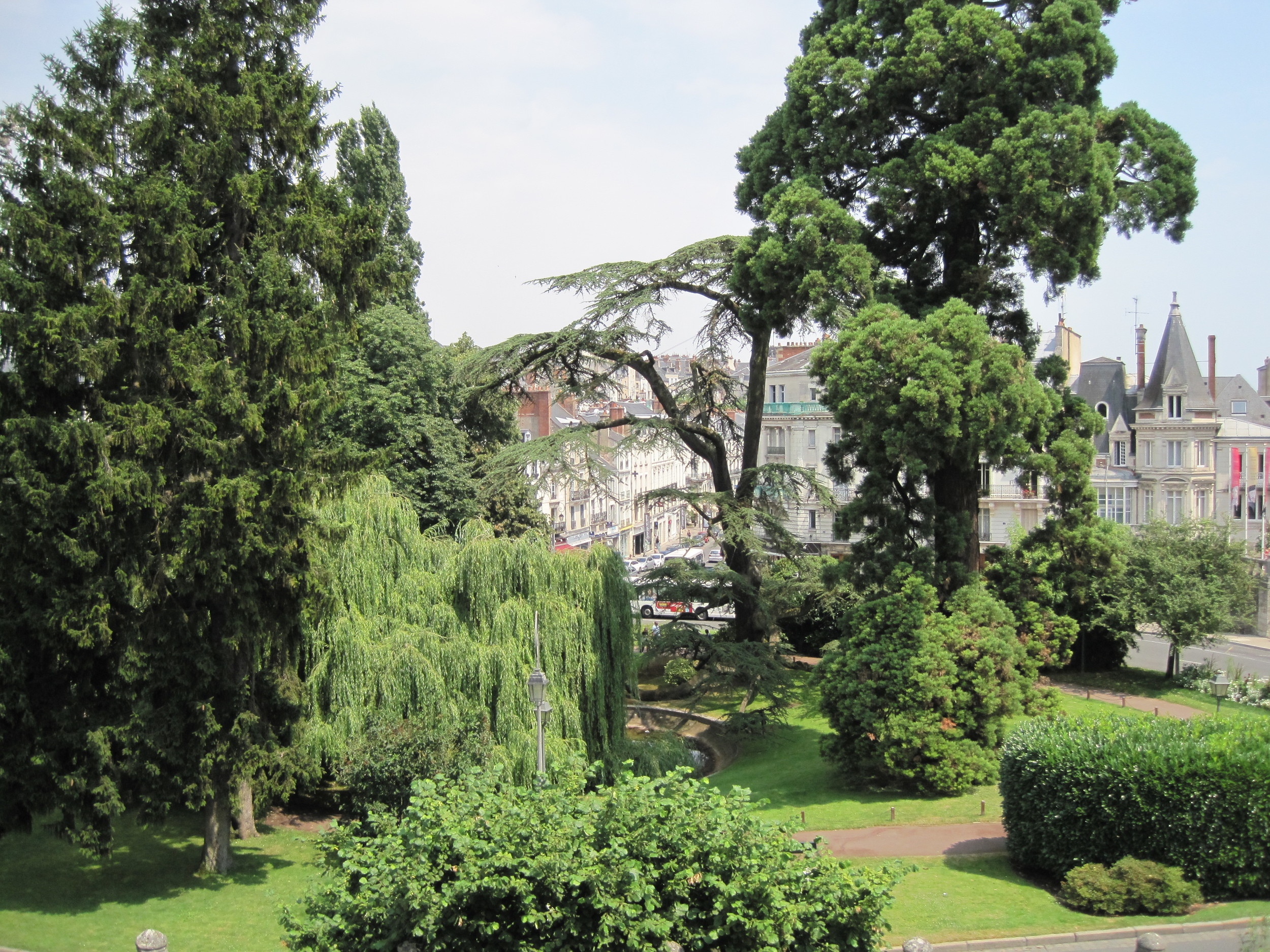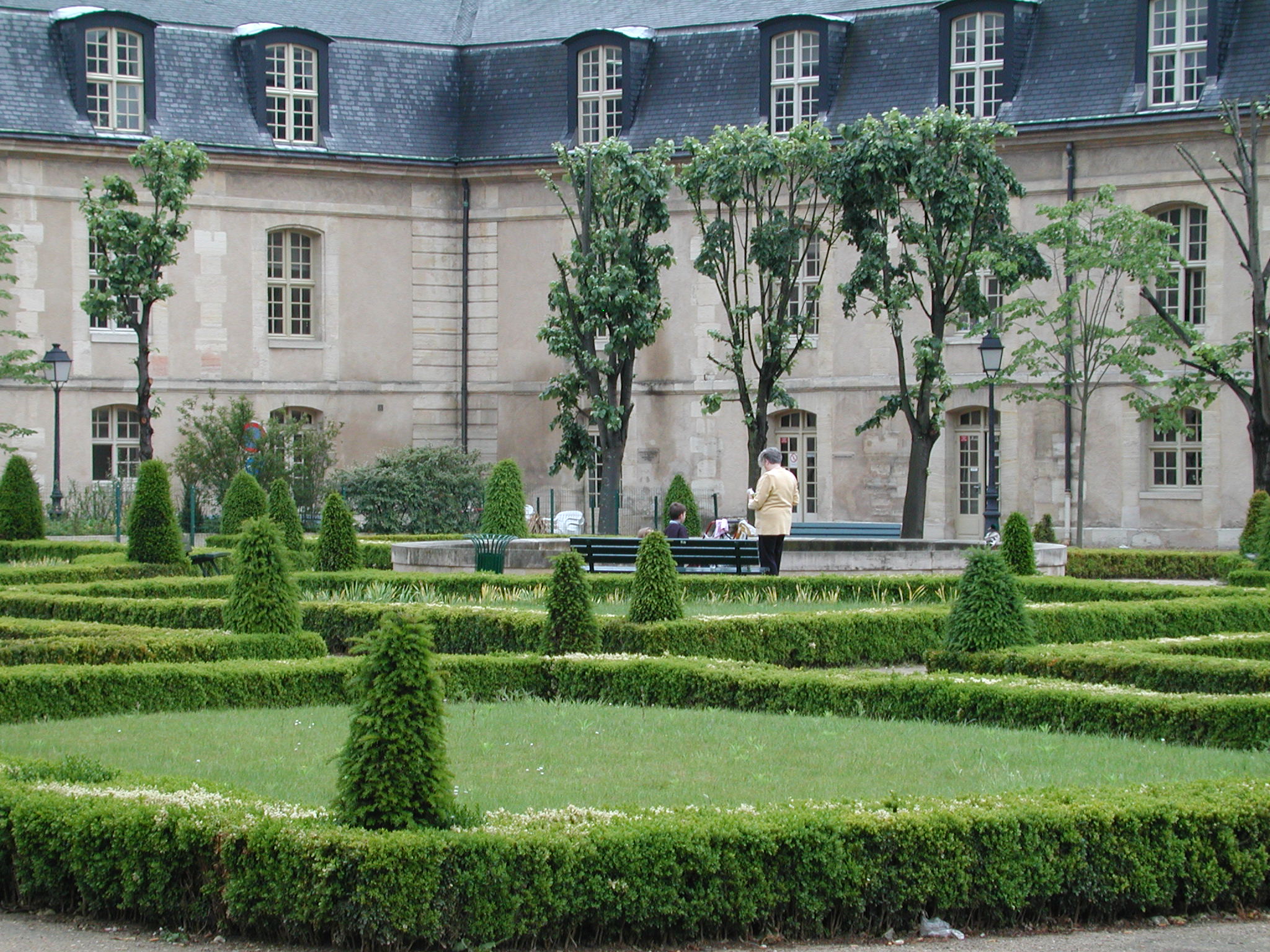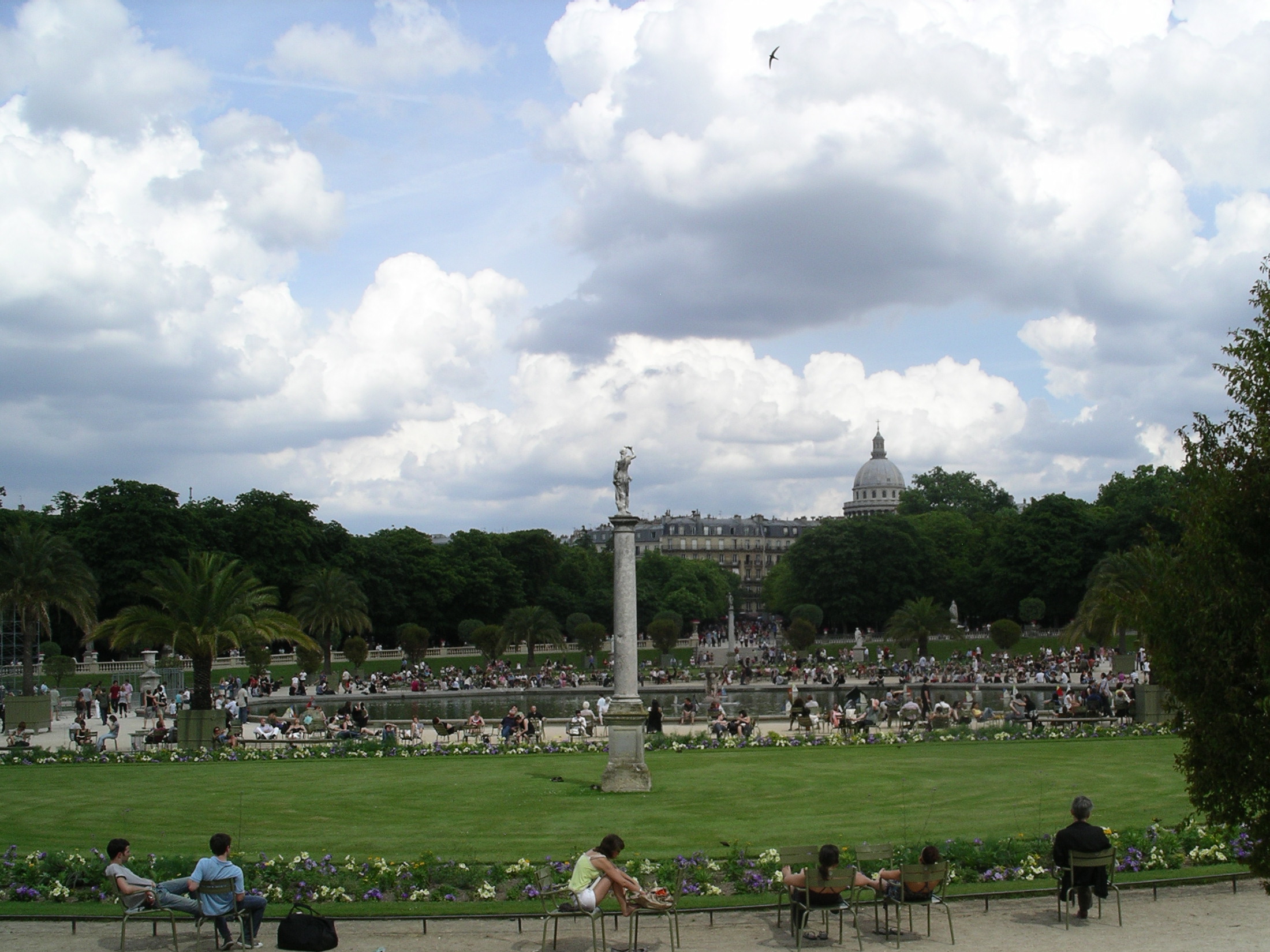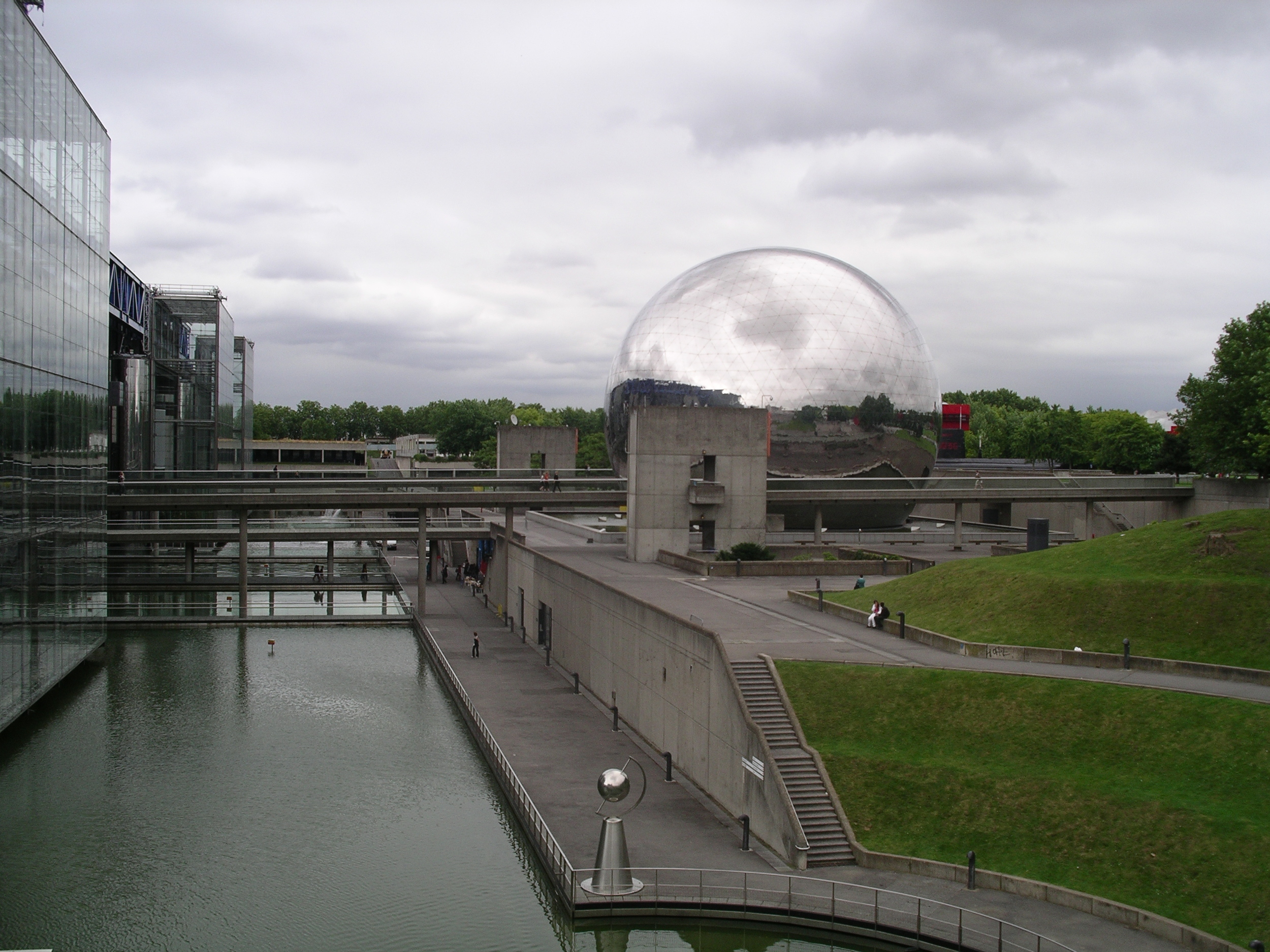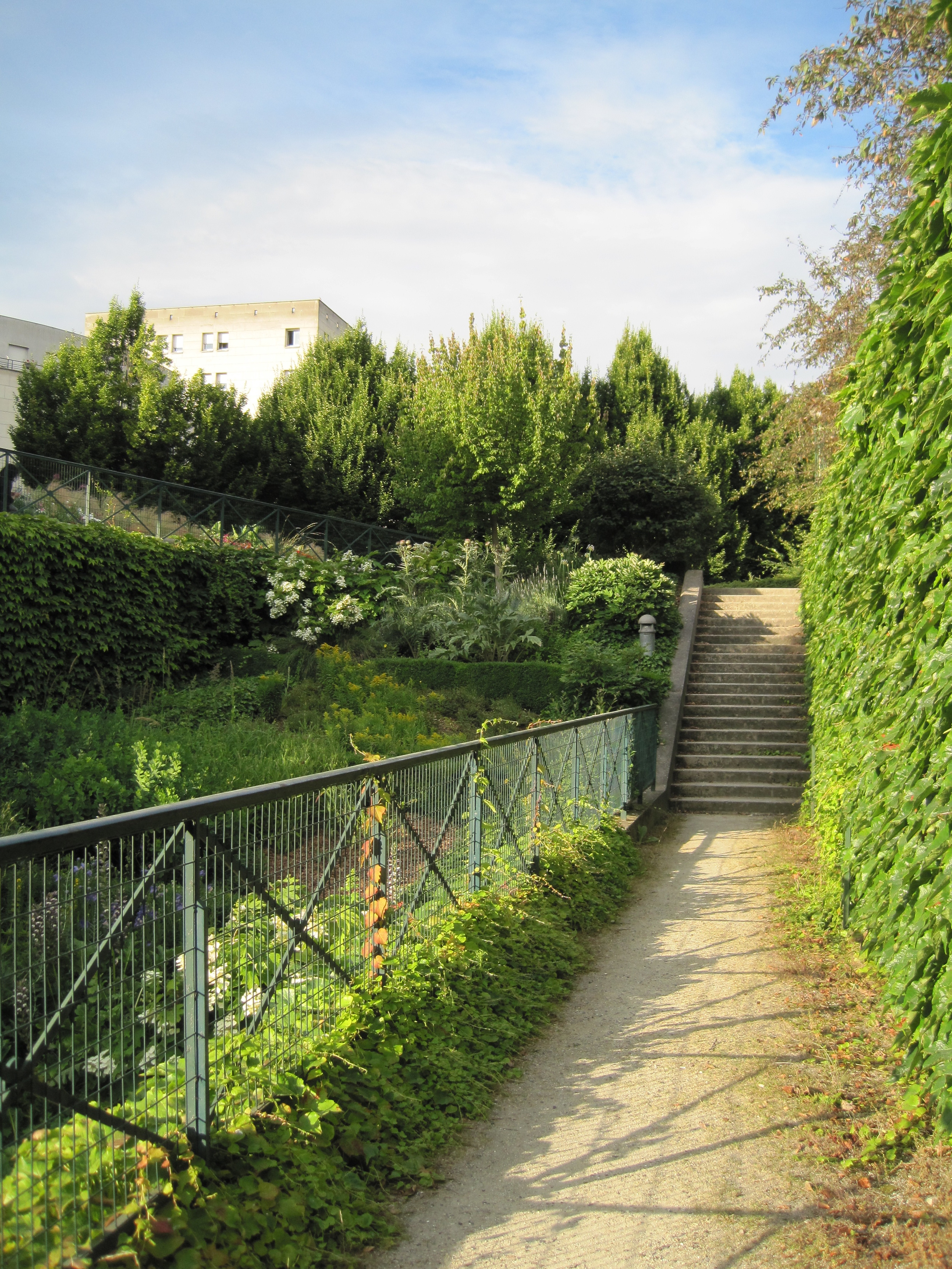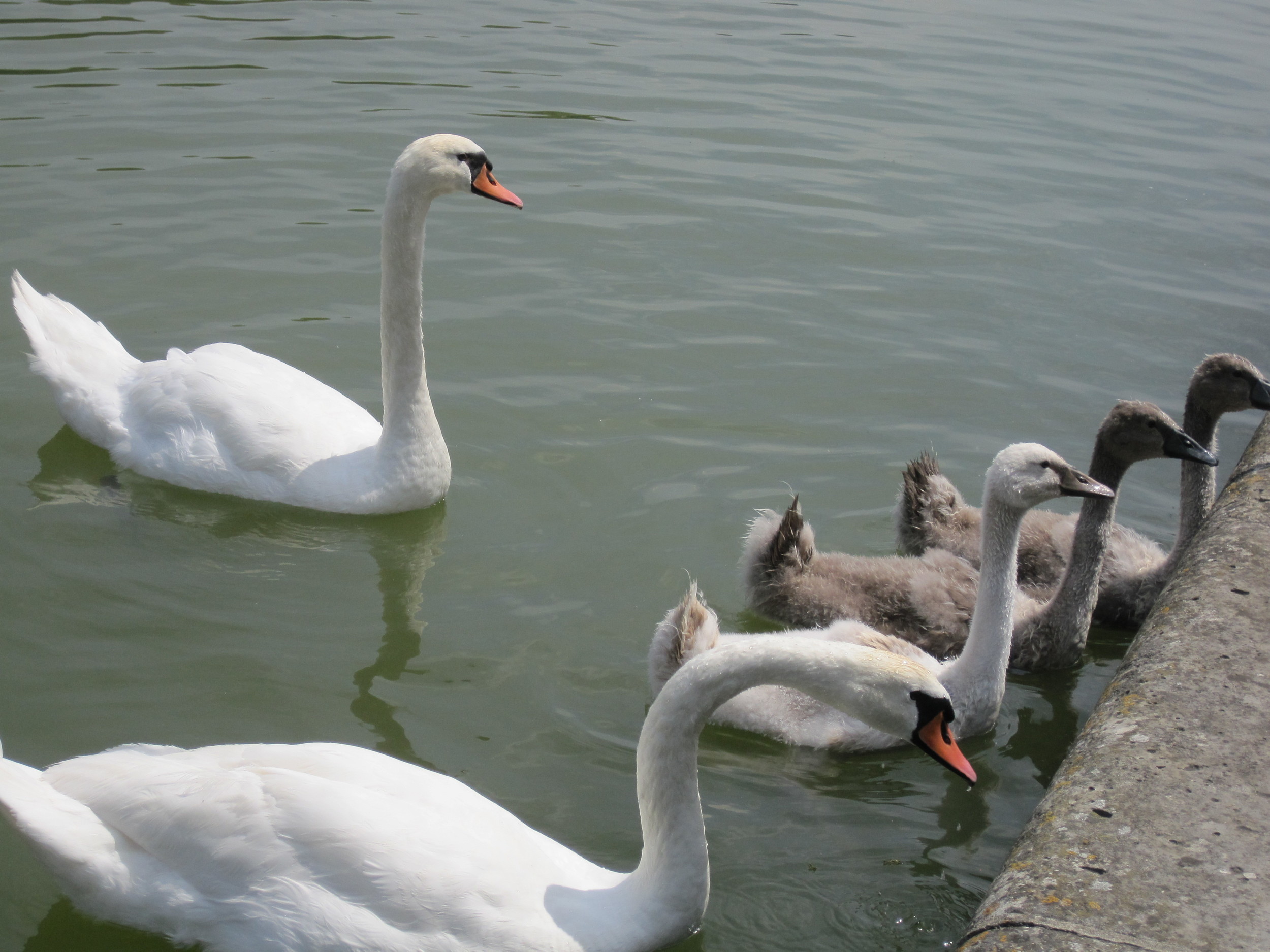A few weeks ago I read about upside-down salads on a food blog. It's a pretty simple concept: dressing and sturdy vegetables on the bottom, protein in the middle, greens on top. Refrigerate until lunchtime. Dump out onto a plate. Voila: perfectly-dressed salad you prepared the night before. I've been on a kick ever since, throwing in anything I have in the fridge -- today it was a hard-cooked egg from my mom's chickens and some leftover smoked salmon.
Over this lunch, alone in my classroom for 25 minutes of introvert recuperation, I thought about May. It's a strange time of year. Looking forward, looking backward. Trying to stay afloat in the present while worrying about the future. Sticking to your guns, but trying to end on a bright note. Feeling disappointed. Feeling giddy. Feeling tired.
Although I had plenty of Huck Finn essays to read, I found myself instead feeling already nostalgic for this classroom, the first place in the school I've ever thought of as my own; after seven years of dashing in and out of different rooms just before the bell (and sometimes after it) I finally got a full-time contract, and a place to call home, two years ago. I liked to think I was rewarded for my patience with one of the best classrooms in the school -- plenty of space, high ceilings and a gorgeous view all the way to the harbor: snowy rooftops in winter and wisps of green foliage in spring and dazzling pink streaks across the neverending sky every morning, if I arrived early enough to witness them. Today I stopped in the middle of a review session to point out to my students a lone male cardinal, bright red, surrounded by the dark, leafy canopy of a mature oak that floated in clouds of gray, drizzly fog. It was a postcard, I told them. We stared together, lost in the moment.
We imprint on the spaces we inhabit. My classroom was an extension of me, almost as much as my living room, with its vase of graceful Palm Sunday willow branches on the piano and dog toys eternally, aggravatingly strewn on the floor. I enjoyed the clean white boards with my neat block printing, color-coded by class; the icon prints I hung on the back bulletin board, to which I referred a surprising number of times during conversations about faith; and the comfortable, worn rolling chairs I could drag to the center of the room when I wanted to sit for a discussion instead of standing for a lecture. (There's a big difference.)
Next year I am moving to one of the worst classrooms in the school, a tiny closet of a space in the damp basement with no room to breathe and a dismal view of the parking lot. I am moving there so I can teach French, which may be what I do from now on. I am not sure about any of this, but for now, I am focusing on the positives. Fewer papers to grade. More opportunities to cook. New challenges. Learning to know the students in a deeper way instead of bidding them farewell after one season.
I will take down my Dorian Gray posters and my Mythology flow chart and put up posters of French kings and farm animals, and I will buy a dehumidifier and some cheery curtains and make the best of the space while I try to make French as fun for them as it was for me so many years ago. Of all the vocabulary I learned then, I remember most of all "Je suis si fiere de toi." I heard it over and over and over until it spilled forth naturally the first time a student shyly confided that she had spoken French to a stranger in the grocery store. I'm so proud of you, I said, without stopping to summon up the words first. I didn't need to think. I felt it. That's what teaching is all about.















